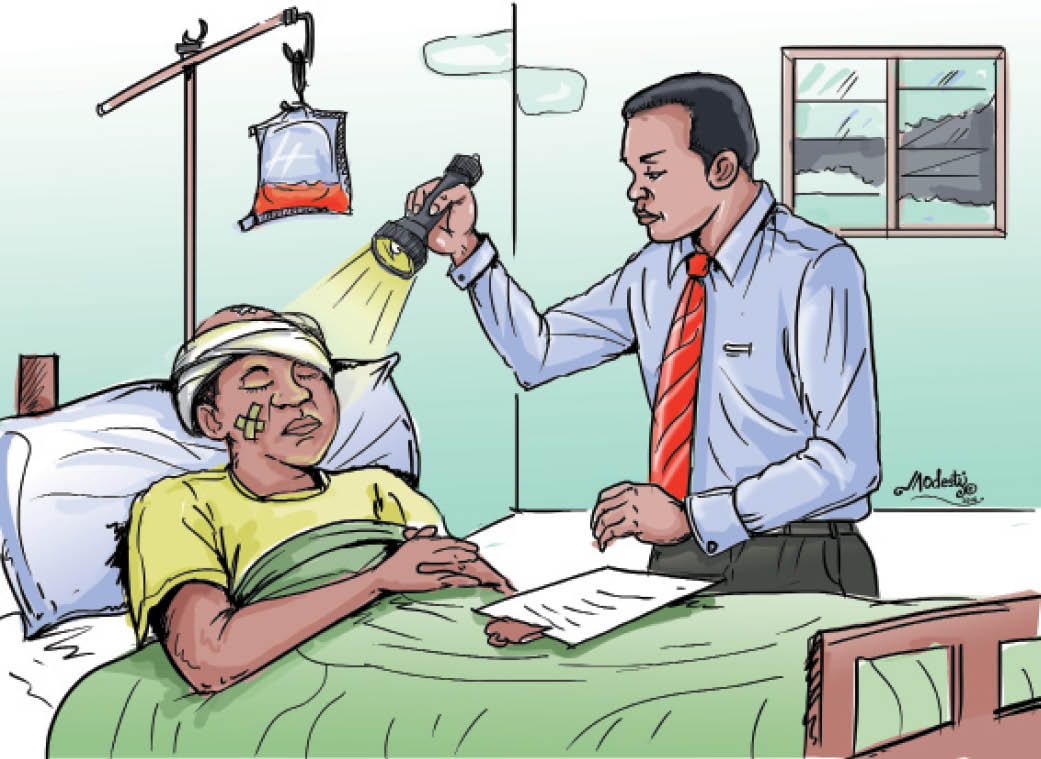Strengthening Nigeria’s Basic Health Care Provision Fund for improved outcomes
Nigeria’s Basic Health Care Provision Fund (BHCPF) is a crucial initiative aimed at enhancing access to essential healthcare services for all citizens. However, its effectiveness has been hindered by various challenges, necessitating urgent reforms to ensure its optimal utilization and impact. Firstly, there’s a pressing need for increased funding allocation to the BHCPF. Adequate financial […]

primary health care
Nigeria’s Basic Health Care Provision Fund (BHCPF) is a crucial initiative aimed at enhancing access to essential healthcare services for all citizens. However, its effectiveness has been hindered by various challenges, necessitating urgent reforms to ensure its optimal utilization and impact.
Firstly, there’s a pressing need for increased funding allocation to the BHCPF. Adequate financial resources are essential to expand the reach of healthcare services, upgrade facilities, and recruit skilled healthcare professionals. Without sufficient funding, the programme’s objectives remain unattainable, leaving millions of Nigerians without access to quality healthcare.
Moreover, transparency and accountability mechanisms must be reinforced to ensure that allocated funds are utilised judiciously and effectively. Strengthening monitoring and evaluation systems can help identify bottlenecks and areas for improvement, enabling timely interventions and resource reallocation where necessary.
Additionally, there should be a focus on enhancing infrastructure and technology within the healthcare system. This includes building and renovating healthcare facilities, ensuring the availability of essential medical equipment and supplies, and leveraging digital solutions to streamline processes and improve healthcare delivery.
Furthermore, investing in the training and capacity building of healthcare workers is paramount. By equipping them with the necessary skills and knowledge, we can enhance the quality of care provided and address critical healthcare needs more effectively.
Additionally, incentivizing healthcare professionals to work in underserved areas can help bridge the gap in healthcare access between rural and urban areas. Public awareness and community engagement are also vital components of improving healthcare provision.
Educating citizens about their rights to healthcare, preventive measures, and the importance of seeking timely medical attention can empower communities to actively participate in their own health and well-being.
Revitalizing Nigeria’s Basic Health Care Provision Fund requires a multi-faceted approach that addresses funding gaps, strengthens accountability measures, upgrades infrastructure and technology, invests in healthcare workforce development, and fosters community participation. By prioritizing these reforms, Nigeria can move closer to achieving universal health coverage and ensuring that no citizen is left behind in accessing essential healthcare services.
Thus, the current Sector Wide Approach (SWaP) of the Renewed Hope Agenda being championed by the Coordinating Minister of Health and Social Welfare provides a great opportunity for Nigeria to redeem its health status as we plan to launch the BHCPF 2.0 in the coming months.
Mohammed Musa Abubakar, is a former Director, National Primary Health Care Development Agency
